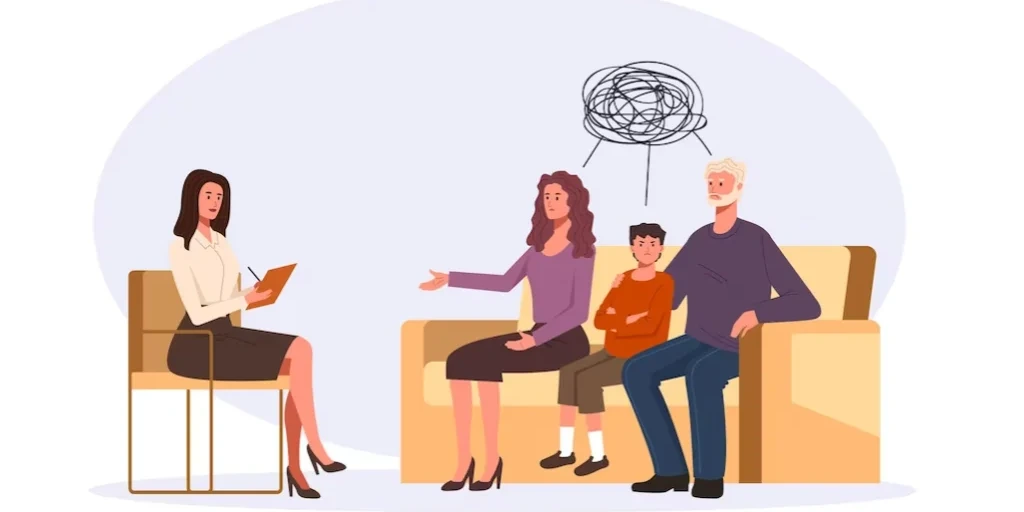24/7 Helpline:
(866) 899-221924/7 Helpline:
(866) 899-2219
Learn more about Substance Abuse Treatment centers in Boone County

Other Insurance Options

Magellan Health

Cigna

BlueShield

Optum

Ambetter

Multiplan

MVP Healthcare

Molina Healthcare

UnitedHealth Group

Choice Care Network

Sliding scale payment assistance

ComPsych

Private insurance

WellPoint

Aetna

Covered California

American Behavioral

Regence

Lucent

Highmark

Rosecrance
Rosecrance is a private not-for-profit organization offering behavioral health services for children...





































Remedies Renewing Lives
Remedies Renewing Lives - North State Street is located in Belvidere, Illinois. Remedies Renewing Li...

Hiawatha Valley Mental Health Center
Hiawatha Valley Mental Health Center is a private rehab located in Caledonia, Minnesota. Hiawatha Va...





















































